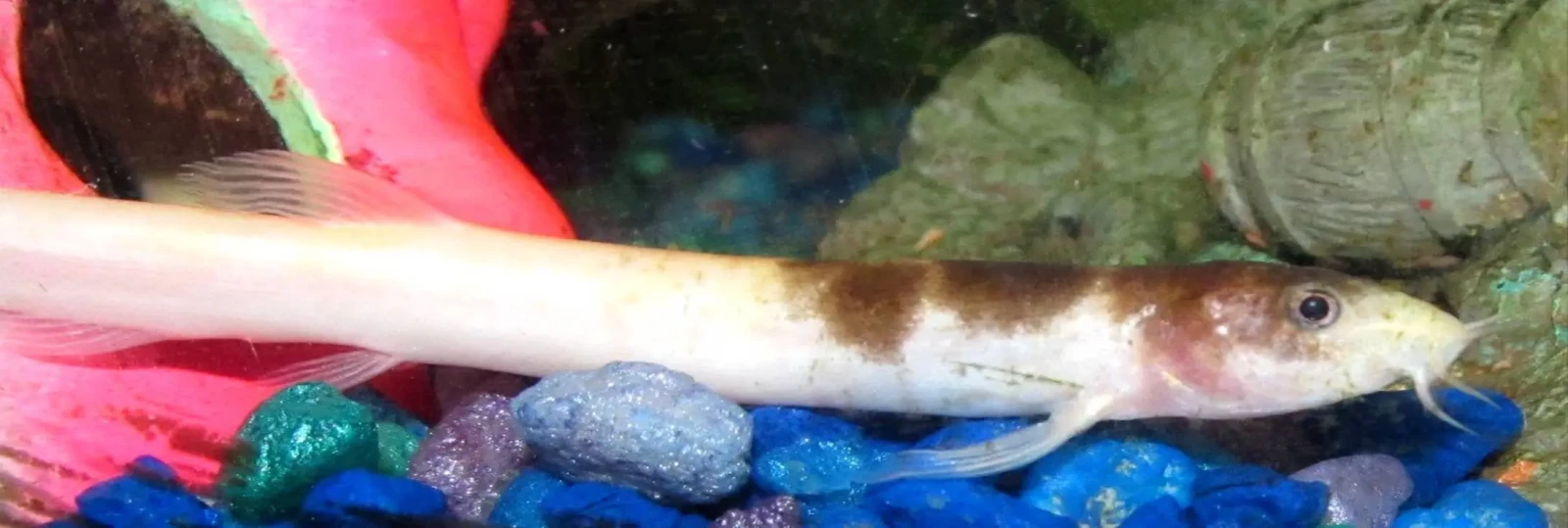A single female pond loach, heavy with eggs, was discovered in Morgans Falls near New Germany, Nova Scotia on April 29. This marks the first time this invasive fish species has been found in Atlantic Canada.
The Oriental weatherfish, also known as pond loach, is native to East Asia and likely ended up in Nova Scotia’s LaHave River system after someone released it from a home aquarium.
“Our hope is that it’s a one-off, and there aren’t more,” said Ken Donnelly, supervisor of the Nova Scotia Invasive Species Council.
Experts are concerned because invasive species like the pond loach can spread quickly and harm local ecosystems. These fish compete with native fish for food and habitat, reproduce rapidly, survive in many different environments, and may carry pathogens dangerous to wildlife and humans.
What makes this discovery particularly worrying is that the captured fish was female and carrying eggs, raising the possibility of a new population establishing itself in the LaHave River watershed.
The pond loach has a distinctive appearance with brown or dark green coloring covered in dark speckles and a light-colored underside. Its long, eel-like body measures between 10-25 centimeters with six to eight barbels resembling whiskers around its mouth. These fish thrive in slow-moving, muddy waters but can adapt to various conditions, including those with low oxygen levels, making them exceptionally hardy invaders.
Similar Posts
Fisheries and Oceans Canada (DFO) believes this fish was likely released from someone’s aquarium. Pond loaches are popular in the pet trade due to their hardiness and unique appearance, but releasing them has serious consequences for local waterways.
“There are good intentions by people when they let animals go into the wild,” Donnelly said, “but they should never, never do it. It’s just a recipe for disaster.”
Releasing non-native aquatic species into Canadian waters is illegal under federal Aquatic Invasive Species Regulations.
Currently, no other pond loaches have been reported in Nova Scotia. The DFO is monitoring the situation and asking the public to report any sightings, preferably with photos, to their aquatic invasive species division. Prior to this discovery, pond loaches had only been reported in southern British Columbia.
Climate change is making it more likely that invasive species can survive in new environments. “Those habitats are changing, the dryness and wetness is changing, there is a nexus there between climate change and invasive species, and that’s an important factor,” Donnelly explained.
The fish had damage to its body when found, as if it had been bitten, suggesting that local predators might interact with these fish if more are present.
The discovery poses concerns for the ecosystem as invasive species like the pond loach can reduce aquatic insect biodiversity and compete with native fish for spawning habitat, potentially affecting the overall health of Nova Scotia’s waterways.



















